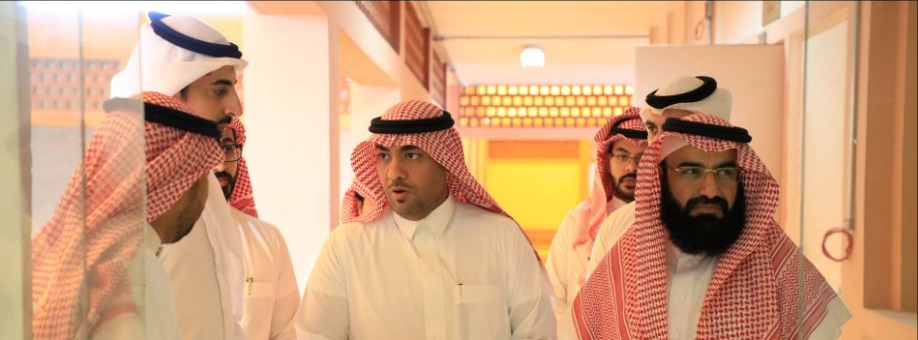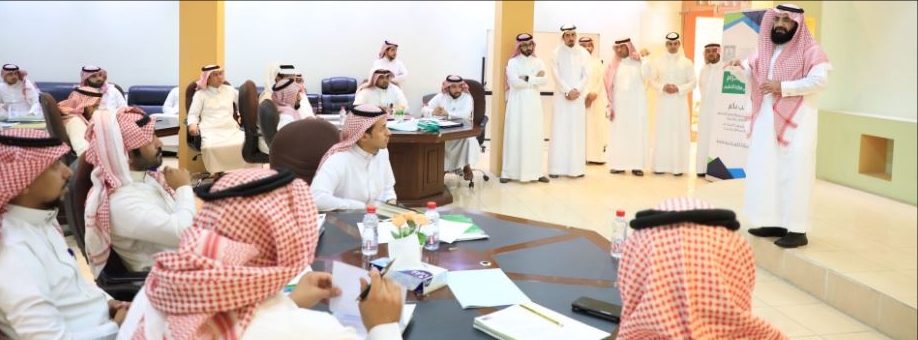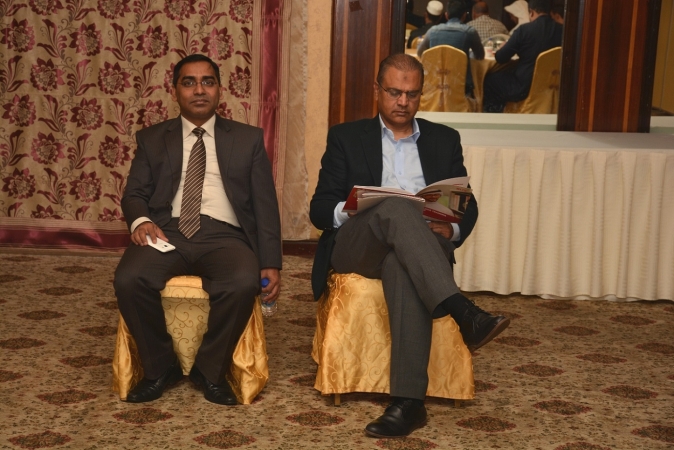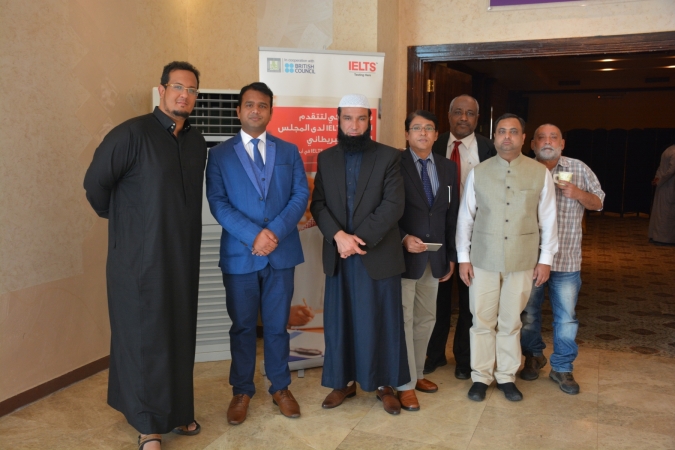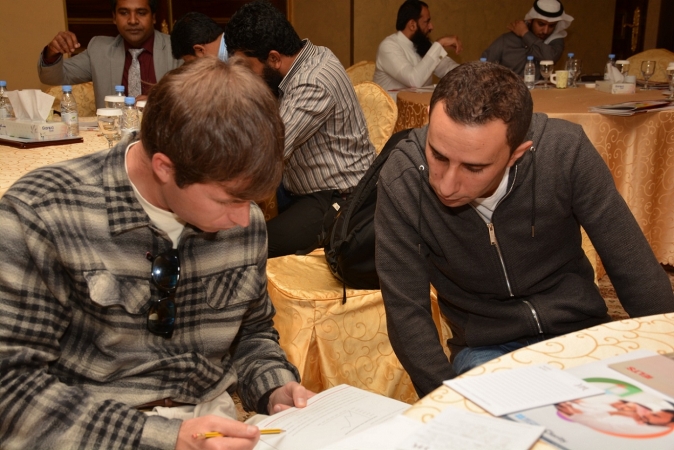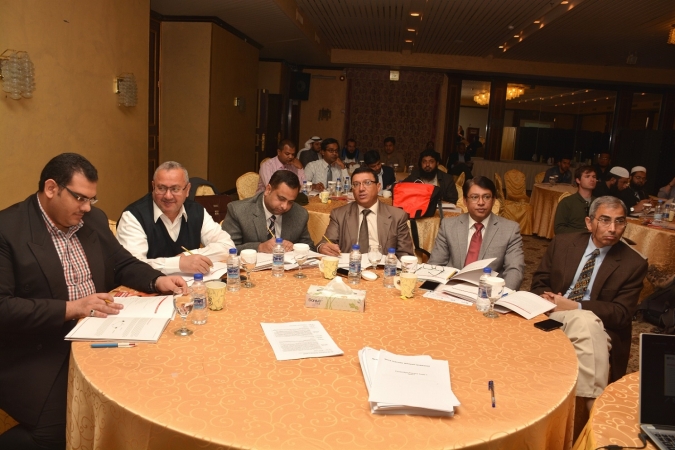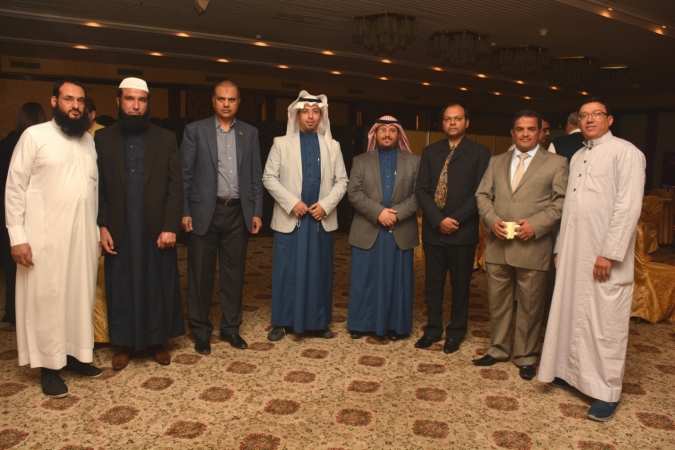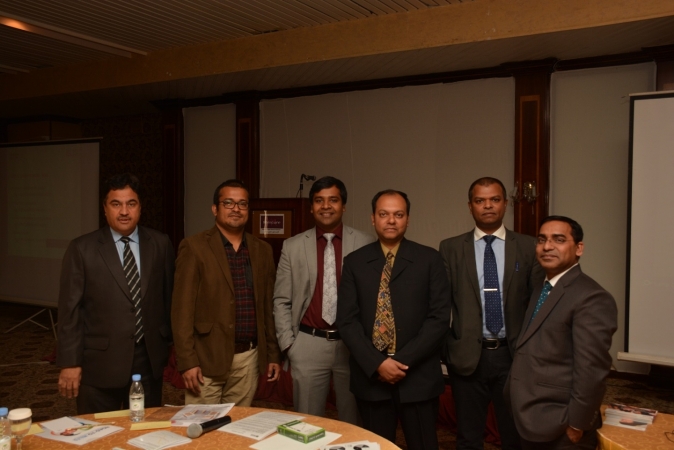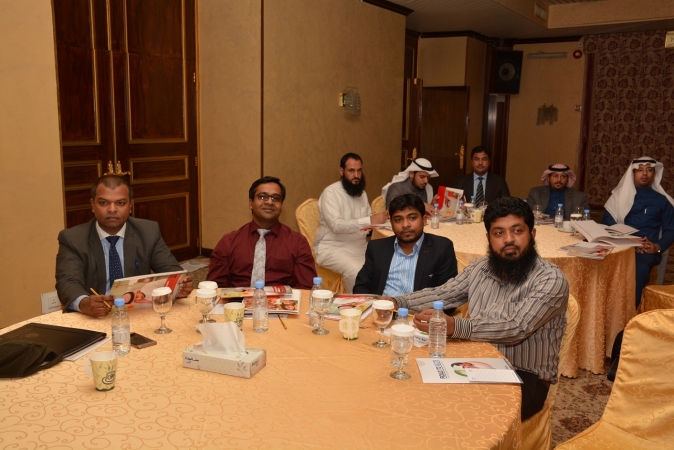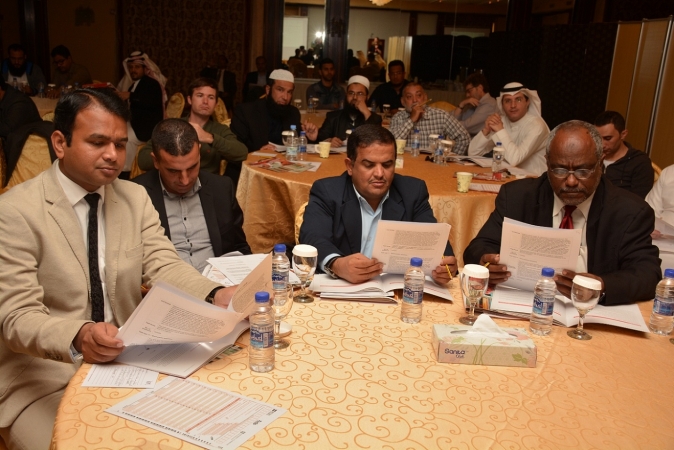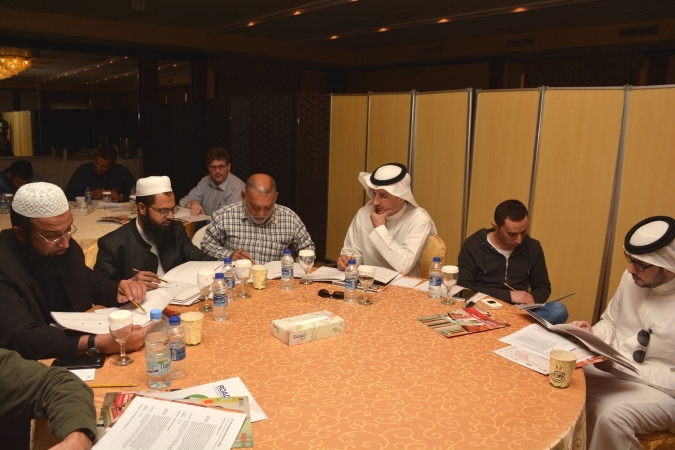Preparing Translation Students to Transition From the Classroom to the Workplace
On 15 November 2021, Dr. Eisa Al-Eisa Asiri, who recently returned from Macquarie University in Australia, delivered a webinar to 107 participants organized by the Alumni Unit of the Faculty of Languages and Translation under the coordination of Mohsin Raza Khan. The webinar — titled "The transition from a classroom to a workplace: professional skills for translation students" — introduced participants to the most important professional skills in translation (henceforth TRN) and interpreting (henceforth INT). The webinar was developed to provide students and alumni with additional activities for their professional development, consistent with the intended learning outcomes and labor market developments.
Dr. Asiri began by inquiring of the student participants how to gain advanced TRN and INT knowledge. There was a wide variety of interesting responses. One student said that the best way is to study for a degree in TRN or INT. Dr. Asiri agreed but explained that one must be an avid consumer of source text and target text materials. He emphasized that one must be a good writer and have in-depth cultural knowledge.
Dr. Asiri highlighted several practical terms as a starting point, explaining that translation memory is parts of or complete sentences that have been translated before that can be consulted while translating. In addition, tapping into one's translation memory is helpful when using technological tools for translators and interpreters. He related that most professional translators work with computer-assisted translation tools, and they test as many programs as they can.
Then, Dr. Asiri admonished the students to have an entrepreneurial spirit while showing the pros and cons of working with agencies, working with direct clients, and using portals. He noted that resumes should be ready and updated regularly. He concluded that networking and attending events, conferences, and expos, whether related to the translation industry or not, can play a significant role in finding clients and continuing one's professional development.
At the end of the webinar, Dr. Asiri thanked all alumni, undergrads, and grads who participated, noting that learning doesn't stop on graduation day. Please click here to view a recording of the event.
Date: 11/16/2021
Source: Faculty of Languages and Translation
English

